Theoretical Condensed Matter Physics

Faculty: E. Barnes; C. Cao; S. Cheng; A. Dua; S. Economou; V. Ivanov; K. Park; M. J. F. Pleimling; V. Scarola; U. C. Täuber; T. Zhou
Emeritus Faculty: R. K. P. Zia
Affiliate Faculty: James Hanna; Sunny Jung

Professor Barnes’ research interests span a number of topics in quantum theory, including spin-based quantum computation, dynamical error suppression in quantum systems, driven non-equilibrium spin dynamics, non-equilibrium physics in 2D materials, many-body interactions in graphene, and novel topological materials such as topological insulators and Weyl semimetals. There is a particular emphasis on bridging formal, mathematical constructs with research that is closely connected to experiment.
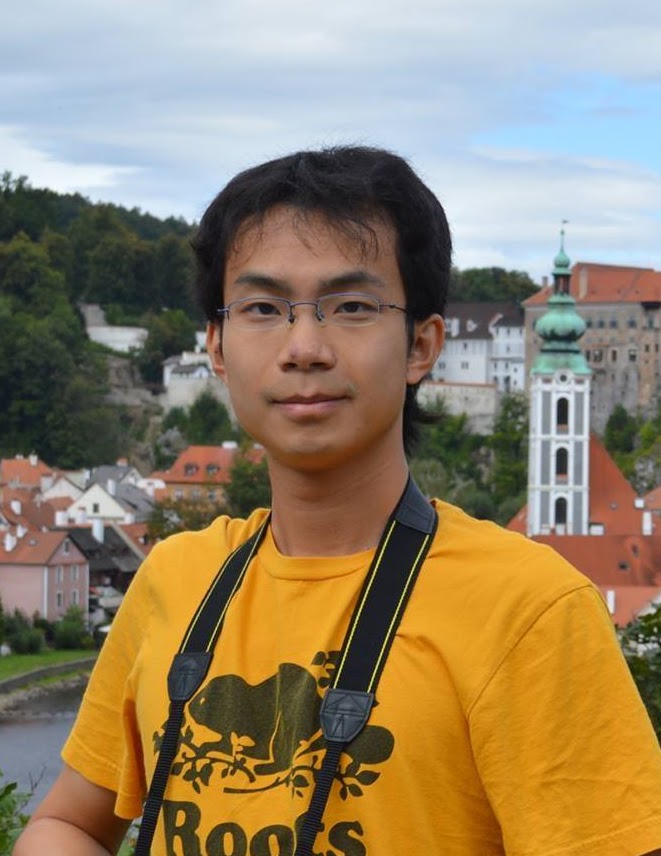
Professor Cao's research focuses on the intersection of quantum gravity, quantum information, and quantum many-body physics. Topics of interest include emergent spacetime and gravity in the anti-de Sitter/conformal field theory (AdS/CFT) correspondence, quantum computing, especially quantum error correction, and tensor network methods. The research style ranges from formal theory to close collaboration with experiments.
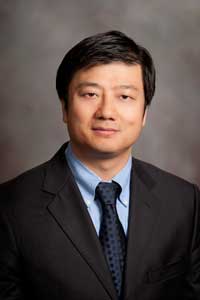
Professor Cheng's research interests are in soft condensed matter systems, including both biological and synthetic polymers, nanoparticles, nanocomposites, and membranes. The group uses molecular dynamics simulations and theoretical models based on statistical mechanics to study phenomena including supramolecular and supramacromolecular self-assembly (for example, microtubules as shown in the left figure), nanoparticle self-assembly, evaporation, capillarity, wetting, adhesion, and friction.
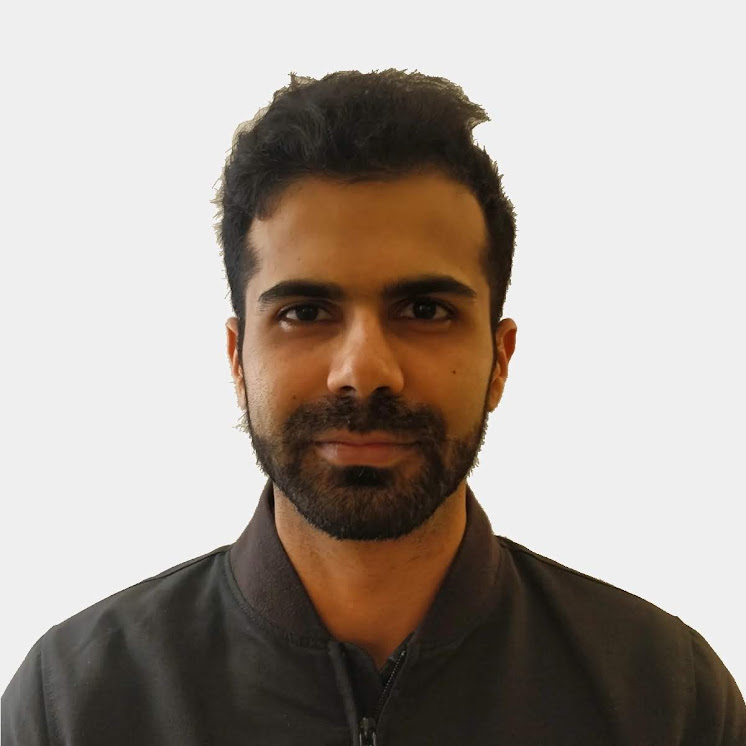
Prof. Dua's research is in condensed matter physics and quantum information science. His current dominant interests are topological order, quantum error correction, quantum control, and the physics and applications of deep learning. The research style involves formal theory and numerical computations and discussions with quantum computing laboratories about practical implementations. Check out his recent papers here and feel free to contact him at adua@vt.edu to discuss exciting and important open questions.
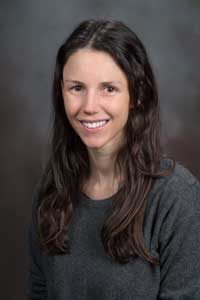
Professor Economou’s interests are in quantum optics, condensed matter theory and quantum information with a range of physical systems, including semiconductor nanostructures, color centers (defects) in solids, superconducting qubits and photons. Topics of particular interest include spin physics in semiconductors, driven systems coupled to a quantum bath, quantum control and quantum logic gate design, spin-mechanics in condensed matter systems and protocols for entangled photonic states from solid-state emitters. The research style ranges from the development of formal theories with broad applicability to the interpretation of specific phenomena via close collaboration with experiment.
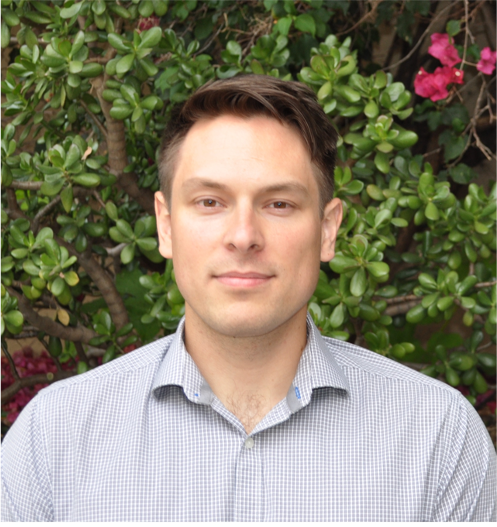
Professor Ivanov's work is focused primarily on the areas of topological materials, quantum defects, and strongly correlated materials, studying these systems using a variety of theoretical and computational models. His recent work includes: studying the collective behavior of large numbers of Weyl points in real materials; the interplay of normal-state topology and unconventional superconductivity; simulation of color-center defects in various materials including silicon and diamond to study their dynamics and properties for applications in quantum sensing, quantum communication, and single photon generation.
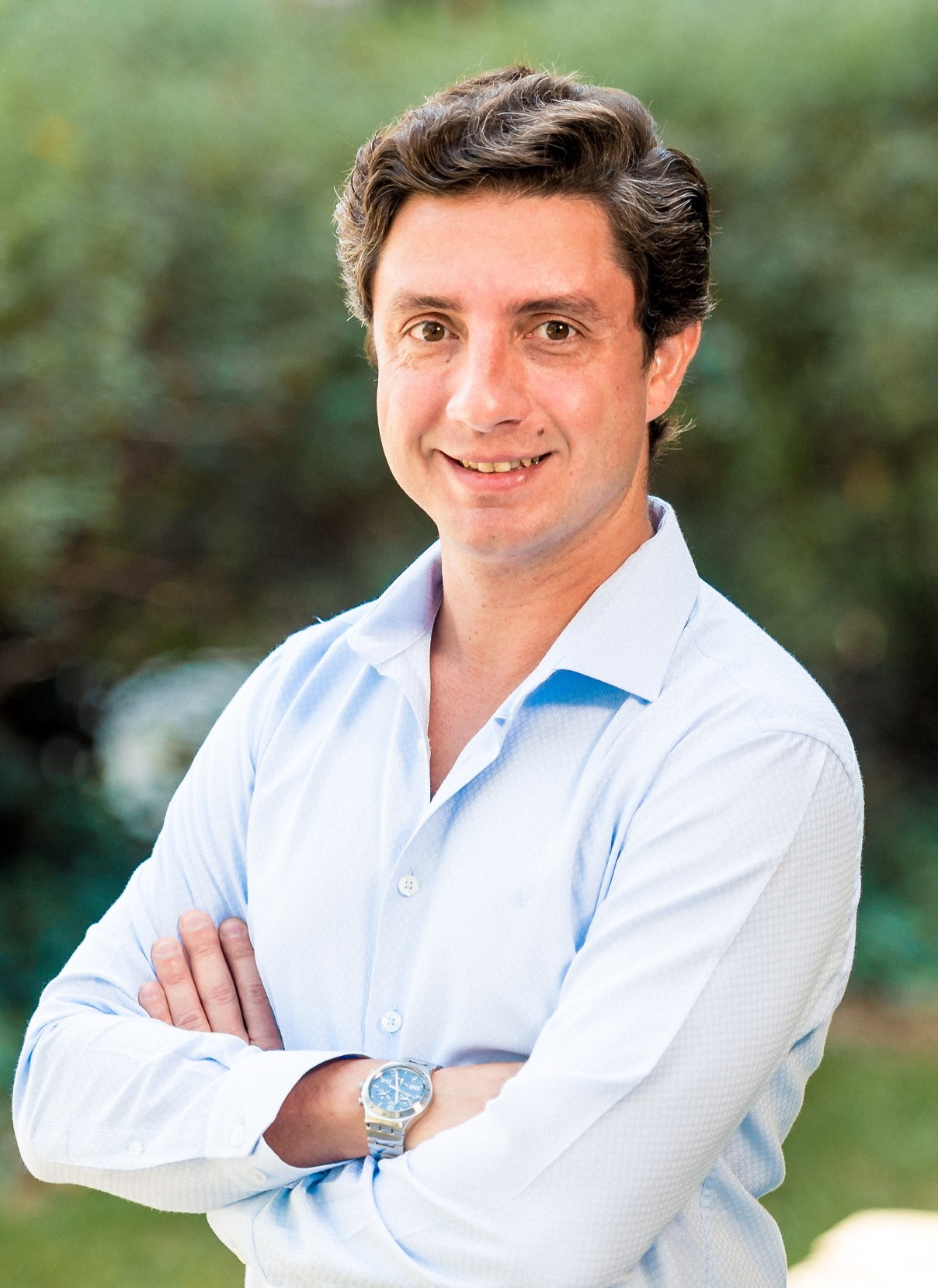
Prof. Kaplan's research interests are in theoretical soft matter and biological physics. In close connection to experiments, his group develops theories and simulations to elucidate the interplay between the material composition, dynamics, form, and emergent function in living systems and their synthetic analogs.
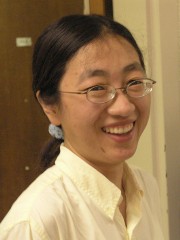
Professor Park's research interests are theoretical and computational studies of electronic, magnetic, and transport properties of spin-orbit-coupled nanostructures and their interactions with local and external environmental factors. A few recent examples include: electron-vibron coupling effects in electron tunneling via a single-molecule magnet, spin dynamics for magnetic nanoparticles, and topological insulators with non-magnetic or magnetic interfaces. For these calculations we use density-functional theory (DFT), Monte Carlo simulations, and effective model Hamiltonian with parameters obtained from DFT.
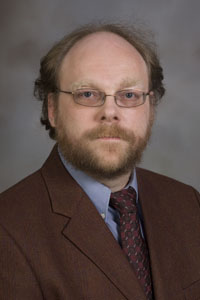
Professor Pleimling's research interests are in condensed matter and non-equilibrium systems. Specific research interests include: out-of-equilibrium dynamical behavior of complex systems; aging phenomena and dynamical scaling; stochastic population dynamics; statistical mechanics of flux lines in superconductors; disordered systems; critical phenomena in confined geometries. These systems are explored using the tools of statistical physics.

Research in Professor Scarola's group spans several subfields of theoretical quantum physics with the aim of fostering quantum state engineering in the laboratory. The pristine environments we study typically allow for close connection with experiment in, e.g., two dimensional materials as well as atomic, molecular, and optical systems. Recent research directions include algorithms for quantum simulation, modelling of quantum computing hardware, quantum analogue simulation, and topological states of matter.
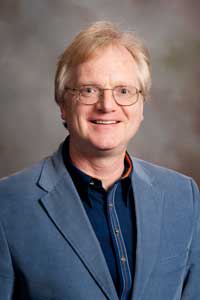
Research interests in Professor Täuber's group are in soft condensed matter and non-equilibrium systems. Specific research interests include: structural phase transitions; dynamic critical behavior near equilibrium phase transitions; phase transitions and scaling in systems far from equilibrium; statistical mechanics of flux lines in superconductors; and applications of statistical physics to biological problems. The group employs Monte Carlo and Langevin molecular dynamics simulations to solve stochastic equations of motion, as well as field theory representations to construct perturbational treatments and renormalization group approaches that improve on mean-field approximations.
Professor Zhou's research area is at the intersection of condensed matter theory and quantum information. His primary focus are quantum phases and their dynamical behaviors in non-equilibrium state of matter. Research topics include thermalization and localization, entanglement in many-body systems, and critical phenomena in non-equilibrium. We gain physical insights from solvable models, test and apply them to more practical setups in experiments.
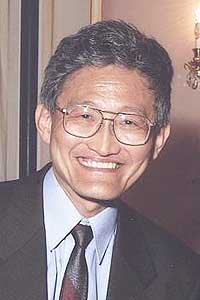
Professor Zia's research interests are in soft condensed matter and non-equilibrium systems. Specific research interests include: non-equilibrium statistical mechanics; phase transitions and critical phenomena; renormalization group analysis; Monte Carlo simulation techniques; stochastic differential equations and field theory; driven diffusive and reaction-diffusion systems; applications to, e.g., microbiological systems, population dynamics, adaptive networks, opinion formation and climate science.


